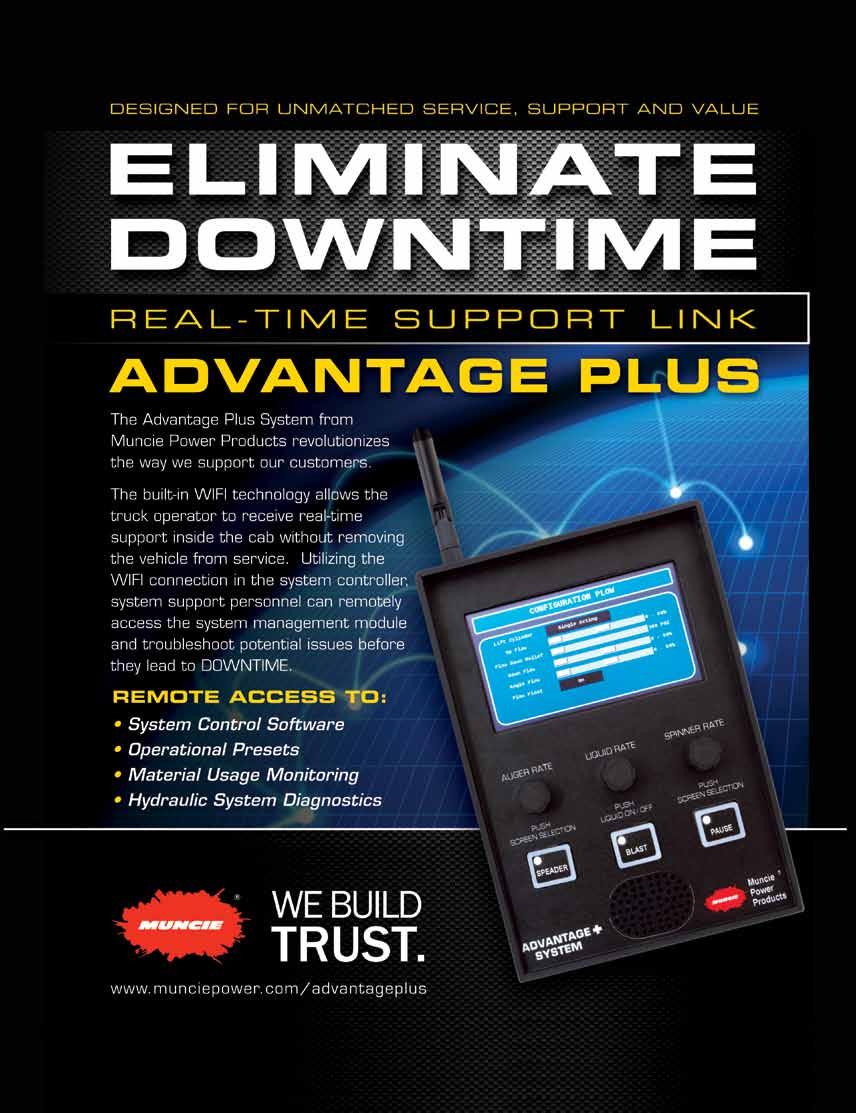
5 minute read
Ask Ann
You, as I, are probably not what people would call a savvy Facebooker! I have heard of “flash mobs” and “dance mobs” and now a “cash mob.” I did some investigating though and found that it really is used by cities and, unlike some of the other kinds of mobs we endure, this is to encourage residents to go spend cash in a specific area. Why, you ask, would a city want to encourage such a thing? Wouldn’t it be giving preferential treatment to one business over another? I would have thought the same thing until I discovered that it is suggested to help keep businesses in a construction area, usually where the city is making major changes or improvements to the intersection or entrance nearby, viable during a time when most customers might see the mess and move on to another location. Usually, the area receives more extensive signage and detours are well marked. However, the new technology is often being used now to call attention to the fact that the area is, indeed, open to customers and to encourage folks to “mob” the place and spend “cash” to help the owners during the construction period. You learn something every day!
Advertisement
“Can anyone provide me with a good plan for public education for our stormwater program? We keep trying to get the public interested but don’t have much luck.”
I recently visited the Department of Public Utilities in Fresno, Calif., and the Public Works Department in Columbia, Mo., and both have outstanding and very successful programs to educate the public about stormwater and water conservation, as well. Another great program is in Bettendorf, Iowa, and involves a great program presented at the schools, as well as Clean Stream teams and a healthy volunteer program. Let me know if you would like the contact information. All three agencies are Accredited by APWA and doing a great job of sharing public information.
As you know, the usual auction process involves the seller posting an item up for bid and the buyers bid within certain time constraints and parameters and at the close date, the successful buyer is the one who offer to pay the most for the item. A reverse auction is different in that a single buyer offers a contract out for bidding. Multiple sellers are then able to offer bids. As the auction progresses, the price decreases as sellers compete to offer lower bids than their competitors while still meeting all the requirements of the bid specs. Many procurement officers believe that bidding by real time on the Internet results in a dynamic, competitive process and helps to provide downward price pressure that is not available through traditional static paper-based bidding techniques. Jeffrey Hart, Fleet Supervisor, City of Oceanside, Calif., has used this process and is finding it very beneficial with a 5-7 percent potential savings. Contact Jeffrey for more details.
“With all the cuts made to our various programs, we are looking for a way to continue to recognize our outstanding employees without spending a lot of money to do so. We know how valuable they are to us and to our citizens but we don’t have money to recognize it now. Any ideas?”
Many surveys have shown that employees, while appreciating a monetary gift for outstanding service, feel that public recognition of their efforts is often just as effective. The City of Chandler, Ariz., has developed an outstanding recognition program that they have titled “Kudos Corner.” Housed on the intranet,
employees are encouraged to send a note to acknowledge outstanding customer service or an innovative idea or simply a job well done. The kudos are shared with everyone in the city and special recognition is given by department directors at all staff meetings. For more information, contact Lexie Rosenfield at lexie.rosenfield@chandleraz.gov. Sometimes the simplest method can be the most rewarding!
Please address all inquiries to:
Ann Daniels
Director of Credentialing APWA, 2345 Grand Blvd., Suite 700 Kansas City, MO 64108-2625 Fax questions to: (816) 472-1610 E-mail: adaniels@apwa.net
DON’T MISS THIS CHANCE
Don’t miss this opportunity to advertise in the July “Transportation” and “Projects of the Year” issue. Our transportation articles will feature topics such as road maintenance, construction, traffic controls and paving materials. And the Projects of the Year award is a great honor and our members will be looking eagerly to the issue to see which public works projects have been chosen. The deadline to reserve your space is June 7; the materials are due by June 11.
Call Amanda or Kristen at (800) 800-0341.

Asphalt Rubber is…
■ Environmentally friendly: keeps thousands of tires out of landfi lls, decreases noise pollution, provides positive impact on Energy Use and CO2 emissions plus it can be used with warm mix technologies. ■ Cost-effective: its mechanical performance allows reduced pavement thicknesses and durable pavements with great performance require less maintenance. ■ Safe: Skid-resistant surface and prolonged color contrast makes for safer driving. Come and learn more at Workshop Wednesday about Asphalt-Rubber during the “Asphalt Rubber: Building High Performing Roads Using Scrap Tire Rubber”, on Wed., Aug. 29th from 8:30am to 10:45am during the 2012 APWA International Public Works Congress & Expo. The RPA wants to provide you with all the tools you need to make your program a success. For additional information, please contact Mark Belshe, Rubber Pavements Association, at MBelshe@rpamail.org or (480) 517-9944. Visit our website www.rubberpavements.org.












